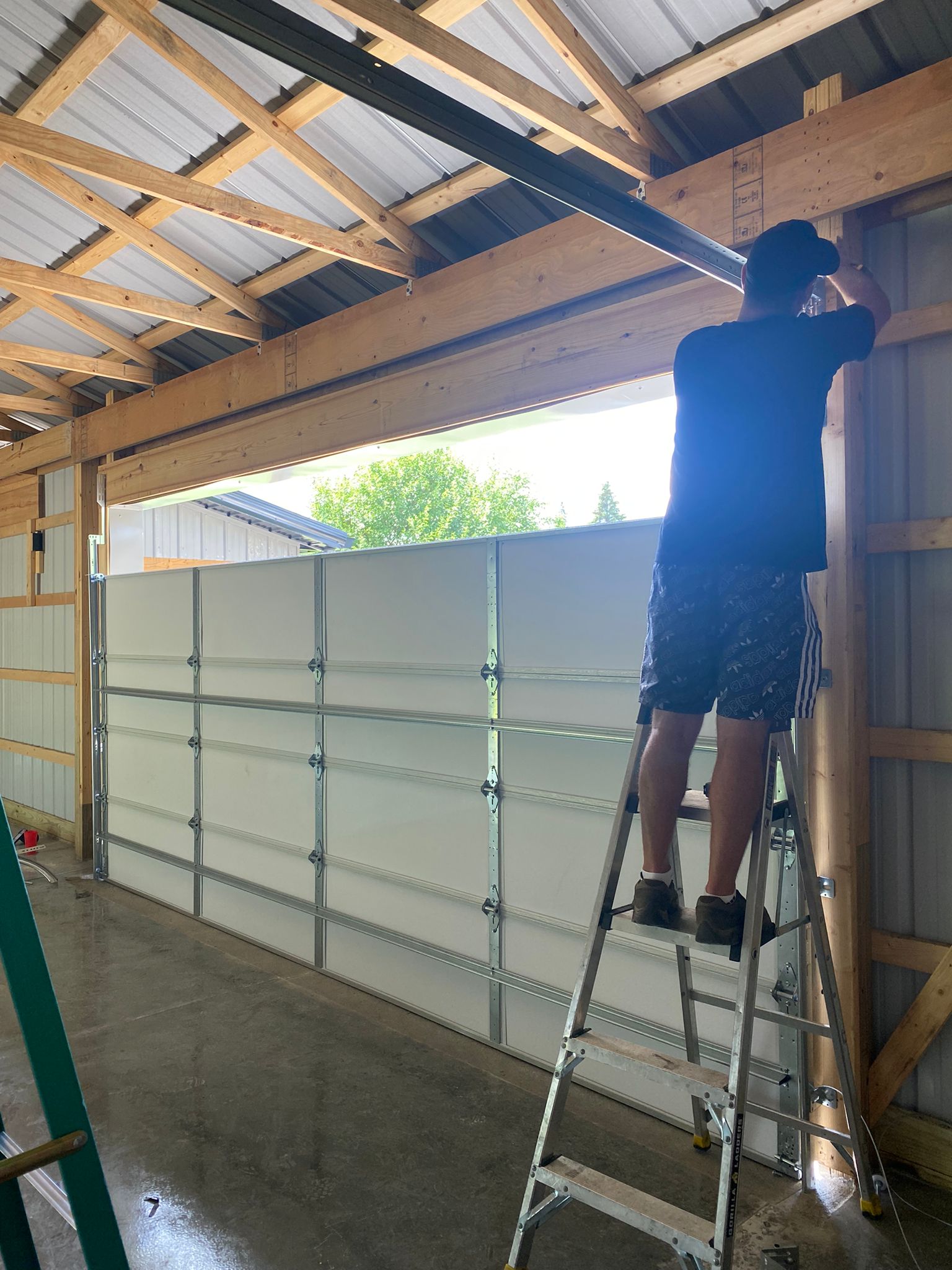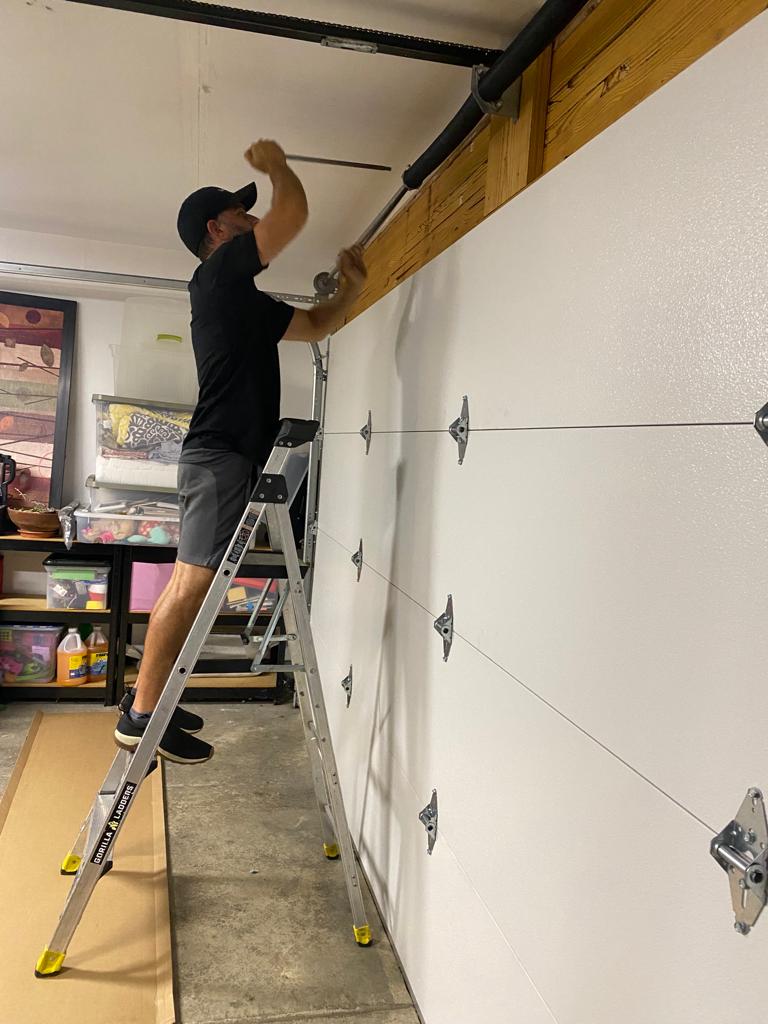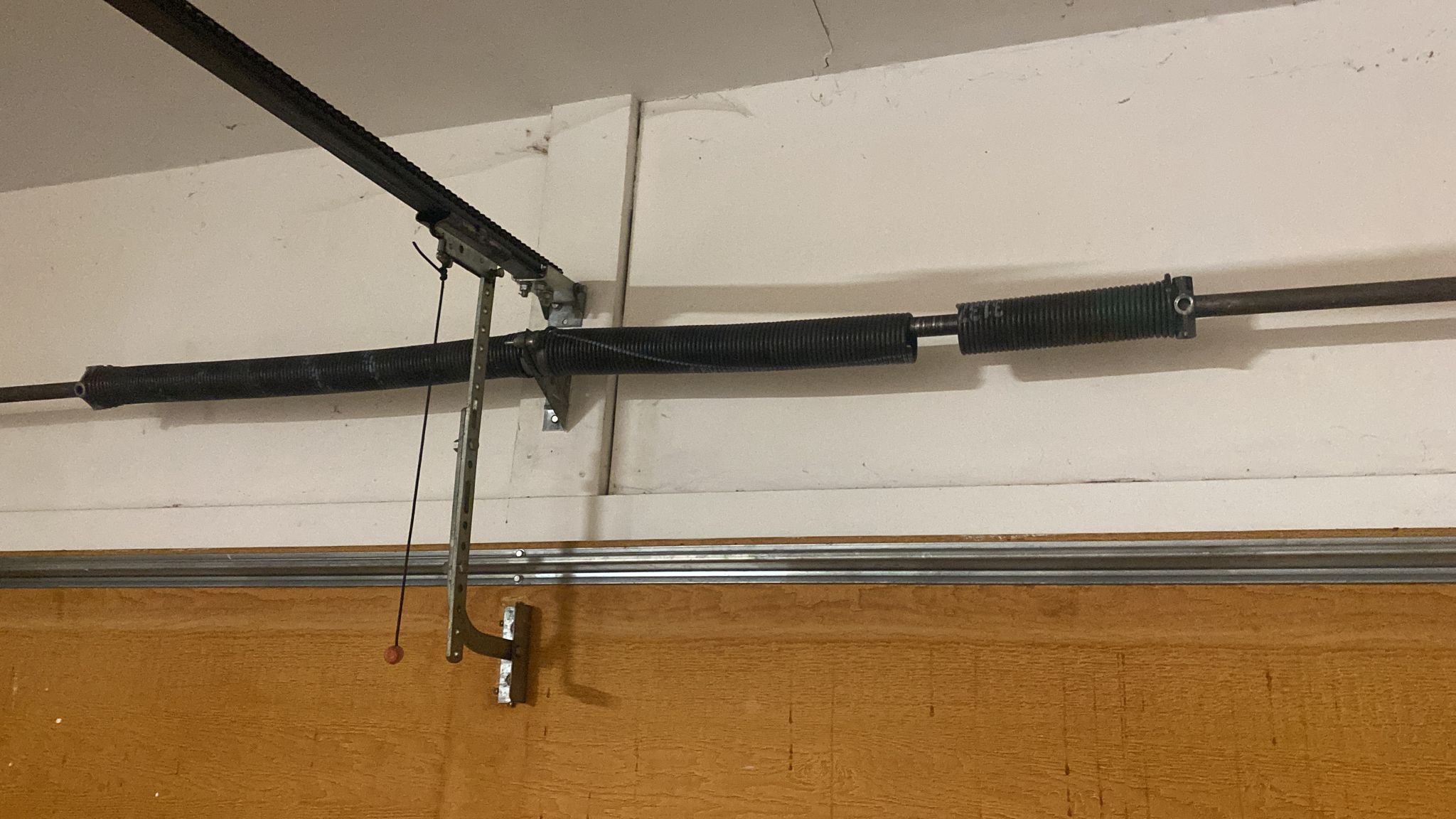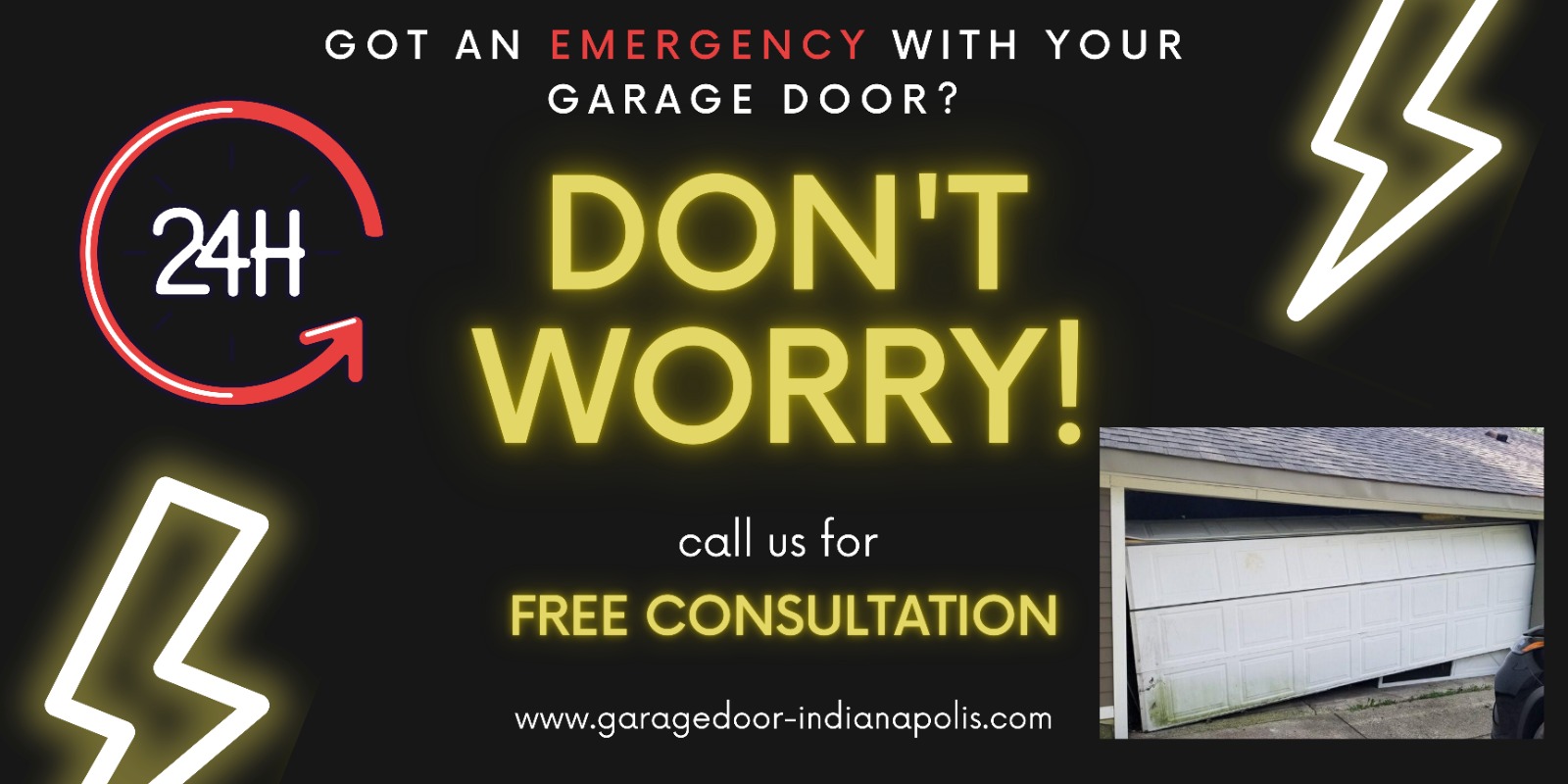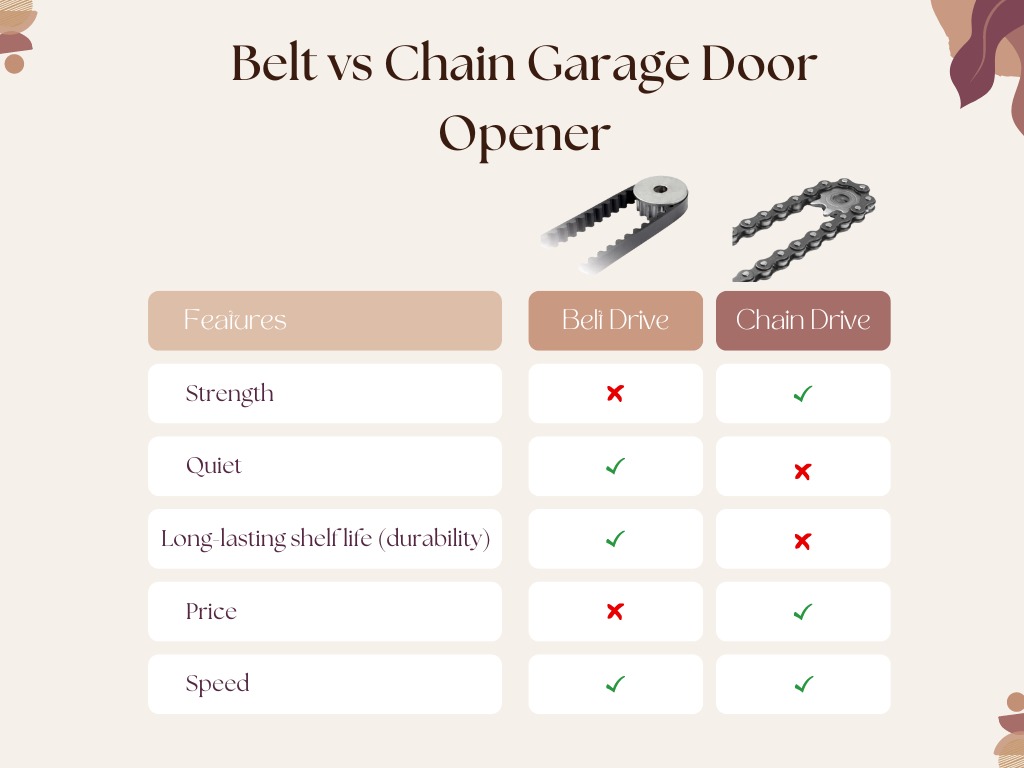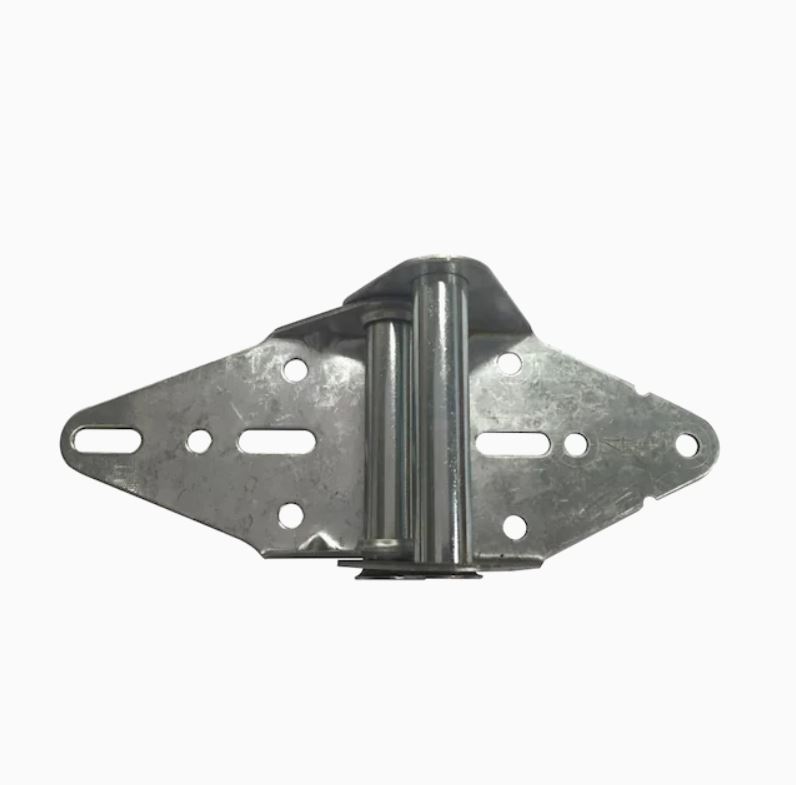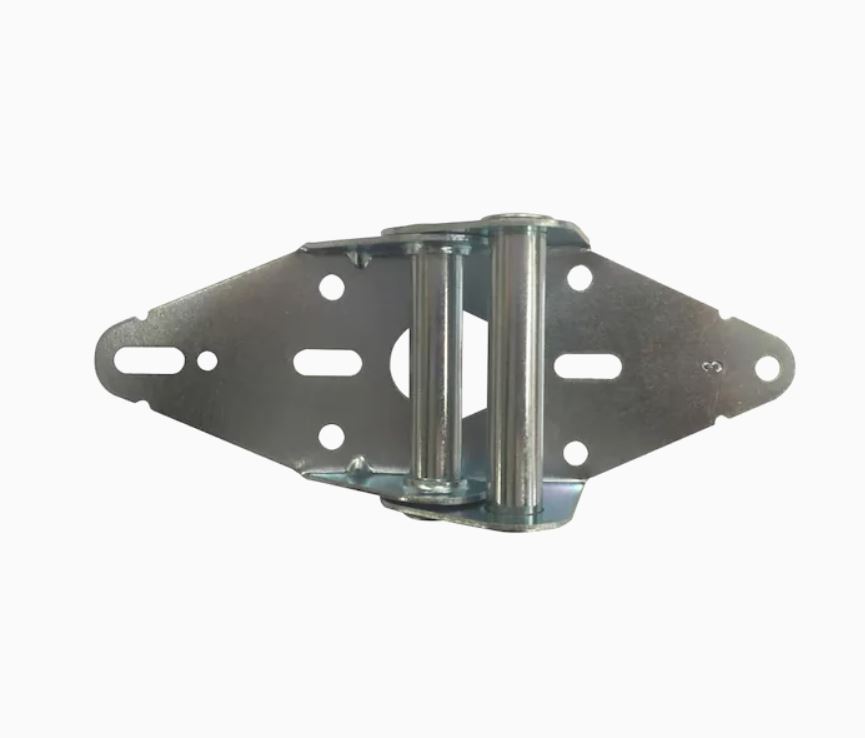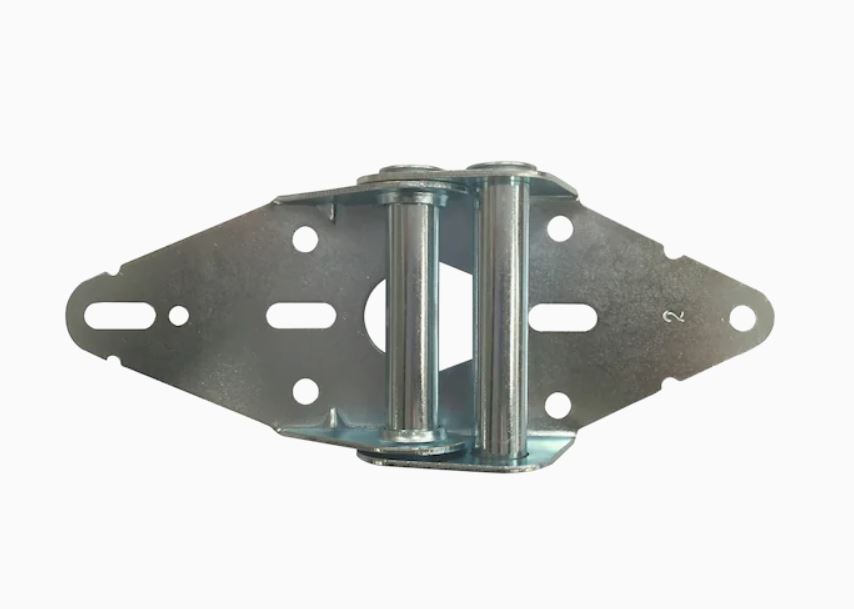The Importance of Regular Garage Door Maintenance
| Aspect | Details |
|---|---|
| Preventative Maintenance | Regular maintenance helps identify and address minor issues before they become major problems, saving time and money in the long run. |
| Safety | Ensuring your garage door is in good working order prevents accidents and injuries caused by malfunctioning doors. |
| Cost Savings | Regular maintenance can extend the lifespan of your garage door and its components, reducing the need for expensive repairs or replacements. |
| Reliability | A well-maintained garage door operates smoothly and reliably, reducing the likelihood of inconvenient breakdowns. |
| Home Security | A properly functioning garage door helps keep your home secure from intruders and protects your belongings. |
| Energy Efficiency | Regular maintenance ensures that your garage door is properly sealed and insulated, helping to maintain energy efficiency in your home. |
| Peace of Mind | Knowing your garage door is in good condition provides peace of mind and reduces stress associated with potential repairs. |
Your garage door is an important part of your home, providing security and insulation for your vehicles and belongings.
However, like any mechanical device, garage doors can develop problems over time.
Regular maintenance is essential to ensure that your garage door continues to function properly and safely.
The Importance Of Regular Garage Door Maintenance And Some Tips On How To Maintain Your Garage Door.
- Prevent Costly Repairs Regular garage door maintenance can help prevent costly repairs down the line.
- By performing routine maintenance, you can identify potential issues before they become major problems. This can save you money in the long run by avoiding expensive repairs and replacements.
- Increase Safety Garage doors can be dangerous if they are not maintained properly.
- Regular maintenance can help ensure that your garage door is operating safely.
- This includes checking the safety features, such as the sensors and auto-reverse mechanism, to make sure that they are functioning properly.
- Extend the Life of Your Garage Door Regular maintenance can help extend the life of your garage door. By performing routine maintenance, you can identify and fix issues before they cause damage to your garage door.
- This can help prevent the need for premature replacements and help you get the most out of your investment.
- Improve Energy Efficiency Garage doors can contribute to heat loss and energy inefficiency in your home.
- Regular maintenance can help improve the energy efficiency of your garage door by ensuring that it is properly sealed and insulated. This can help reduce your energy costs and make your home more comfortable.
- Maintain Curb Appeal Your garage door is an important part of your home’s curb appeal. Regular maintenance can help keep your garage door looking its best.
- This includes cleaning the door and its components, as well as touching up any scratches or dents.
| Product Name | Units Sold | Average Price | Total Revenue | Customer Ratings |
|---|---|---|---|---|
| Garage Door A | 500 | $500 | $250,000 | 4.5/5 |
| Garage Door B | 350 | $600 | $210,000 | 4.2/5 |
| Garage Door C | 600 | $450 | $270,000 | 4.8/5 |
| Garage Door D | 450 | $700 | $315,000 | 4.6/5 |
| Garage Door E | 800 | $550 | $440,000 | 4.4/5 |
So, how can you maintain your garage door?
Here are some tips:
-
- Lubricate moving parts, such as hinges, rollers, and springs, regularly to ensure that they operate smoothly.
- Test the safety features, such as the sensors and auto-reverse mechanism, regularly to make sure that they are functioning properly.
- Inspect the tracks and rollers for damage or wear and adjust them as necessary.
- Check the weatherstripping and seals to ensure that they are properly sealed and insulated.
- Clean the door and its components regularly to prevent dirt and debris from causing damage.
regular garage door maintenance is essential to ensure that your garage door continues to function properly and safely.
By performing routine maintenance, you can prevent costly repairs, increase safety, extend the life of your garage door, improve energy efficiency, and maintain curb appeal.
Be sure to lubricate moving parts, test safety features, inspect tracks and rollers, check weatherstripping and seals, and clean the door and its components regularly.
-
Regular Inspection: Periodically inspect your garage door for any signs of wear and tear. Check for loose bolts, worn rollers, and any unusual noises during operation.
-
Lubrication: Regularly lubricate the moving parts of your garage door, such as the rollers, hinges, and tracks. Use a silicone-based lubricant or garage door spray for this.
-
Cleaning: Keep the tracks of your garage door clean from debris and dust. You can use a cloth or a brush to clean the tracks.
-
Balance Test: Periodically check the balance of your garage door. Disconnect the opener and lift the door manually. It should lift smoothly with minimal resistance and stay open about three to four feet above the floor.
-
Safety Features Test: Test the safety features of your garage door, like the auto-reverse mechanism, by placing an object like a piece of wood on the ground where the door would close. The door should reverse after contacting the object.
-
Weatherstripping: Check and replace the weatherstripping around your garage door if it’s brittle or broken. This keeps the elements out and improves energy efficiency.
-
Door Opener: Check the door opener’s settings. The force and limits may need adjustments, especially if your door is not opening or closing completely.
-
Visual Check: Look for any signs of rust or corrosion on the door itself, especially if it’s a metal door. Sand and repaint any rusted areas to prevent further damage.
-
Professional Inspection: Once a year, consider having a professional service your garage door. They can identify and fix issues you might have missed.
-
Replace Parts: If parts like springs, cables, or rollers are worn out, consider replacing them. Note that spring replacement can be dangerous and is best left to professionals.
Sensitivity to Weather Changes
Garage doors are particularly sensitive to changes in temperature and humidity. In colder climates, metal components can contract, causing misalignment of the garage door mechanism.
This misalignment can lead to operational issues or even prevent the door from opening or closing properly. Conversely, in humid conditions, wooden garage doors can swell, making them difficult to move.
Regular adjustments and maintenance tailored to your climate can mitigate these issues.
Electronic Component Failures
Modern garage doors rely heavily on electronic components, such as remote controls, security sensors, and automatic openers.
These components can fail due to power surges, battery drain, or wear and tear, leading to operational inefficiencies or security vulnerabilities.
Regular testing and maintenance, including battery replacement and reprogramming of electronic components, are essential for avoiding unexpected failures.
Balance Problems
A garage door that is not properly balanced poses significant risks. It may fall suddenly or fail to open or close correctly, potentially leading to injury or damage.
Balance problems can arise from worn springs, cables, or uneven tension.
Homeowners should periodically test the balance of their garage door and seek professional adjustment if necessary, as attempting to adjust springs and cables without proper training can be dangerous.
Rust and Corrosion
Garage doors, especially those made of metal, are susceptible to rust and corrosion, which can degrade their appearance and functionality over time.
This is particularly true in coastal areas where salt air accelerates corrosion. Regular cleaning and application of protective coatings can extend the life of your garage door and keep it operating smoothly.
Obstruction of Safety Sensors
Safety sensors are designed to prevent the garage door from closing if an object or person is detected in its path.
However, these sensors can become obstructed by debris, dust, or misalignment, leading to false triggers or failure to operate when needed. Keeping sensors clean and properly aligned is crucial for ensuring they function as intended.
Noise Issues
Over time, garage doors can develop annoying noises during operation, such as squeaking, grinding, or rattling. These sounds often indicate issues with rollers, hinges, or springs. Identifying the source of the noise can guide targeted maintenance efforts, such as lubricating moving parts or replacing worn components, to restore quiet operation.
Impact of DIY Repairs
While DIY maintenance can save money, improperly executed repairs can lead to further damage or safety hazards.
Understanding the limits of your expertise and when to call in professionals is key.
For example, replacing torsion springs or repairing the automatic opener system are tasks that typically require specialized knowledge and tools.
Garage Door Products
Modern Garage Doors
Stylish and durable designs.
Door Mechanisms
Smooth and quiet operation.
Security
High-level protection for your home.
Affordable Prices
Great value for every budget.
Eco-Friendly
Made from sustainable materials.
Customer Satisfaction
Your happiness is our priority.
Frequently Asked Questions (FAQs)
Q1: How often should I perform maintenance on my garage door? A1: It’s recommended to perform basic maintenance tasks such as lubrication and inspection at least once a year. However, if you live in an area with extreme weather conditions, consider checking it more frequently.
Q2: What should I do if my garage door starts making noise? A2: Noises are often a sign of parts needing lubrication or being worn out. Identify the source of the noise and lubricate moving parts like springs, hinges, and rollers. If the noise persists, consult a professional for a thorough inspection.
Q3: Can I repair or replace garage door springs myself? A3: Replacing garage door springs can be extremely dangerous due to the high tension they’re under. This task should always be handled by a professional garage door technician.
Q4: Why won’t my garage door close all the way? A4: This could be due to misaligned sensors, blocked paths, or issues with the track. Check for obstructions and ensure that the sensors are properly aligned. If the problem continues, seek professional help.
Q5: How do I know if my garage door is balanced? A5: Disconnect the opener and manually lift the door halfway. A balanced door will stay in place, while an unbalanced door will fall or rise. If it’s unbalanced, contact a professional to adjust the tension.
Short Tips for Garage Door Maintenance
-
Lubricate Regularly: Apply a silicone-based lubricant to rollers, hinges, and springs annually to ensure smooth operation and prevent rust.
-
Inspect Rollers and Tracks: Check rollers and tracks for wear, damage, or debris. Clean the tracks with a cloth and mild cleaner to remove dirt and grime.
-
Test Safety Features: Regularly test the auto-reverse feature and the manual release mechanism to ensure they are working correctly.
-
Tighten Hardware: The vibration of daily use can loosen hardware. Periodically check and tighten bolts and roller brackets.
-
Check Door Balance: An unbalanced garage door can strain the opener. Perform the balance test as described in the FAQs and seek professional help if needed.
-
Replace Weather Stripping: Check the weather stripping around the door and replace it if it’s worn or damaged to improve energy efficiency.
-
Keep It Clean: Wash the garage door regularly with mild soap and water to maintain its appearance and prevent rust, especially for steel and aluminum doors.
-
Observe and Listen: Pay attention to changes in operation or any unusual noises, as these can be early signs of issues that need attention.
